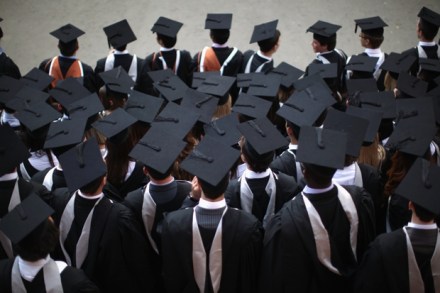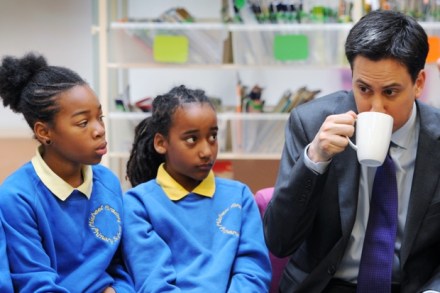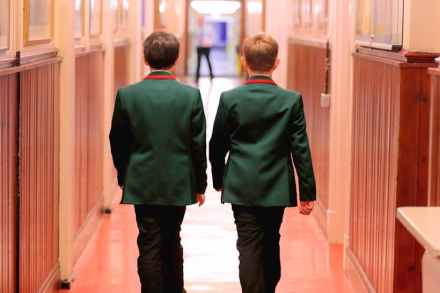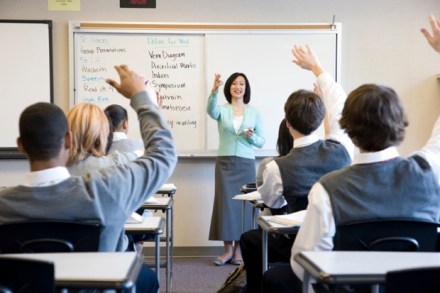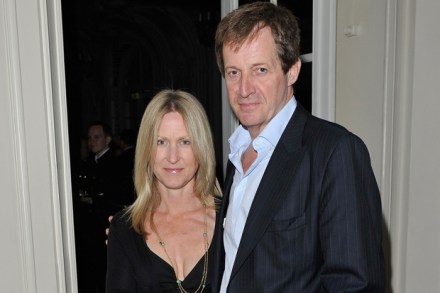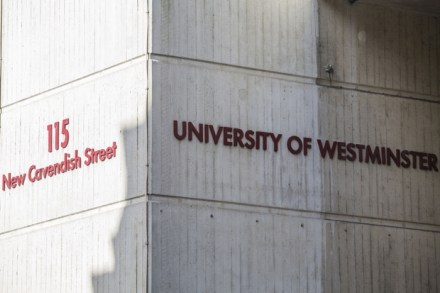Young people should be wary of the Guardian’s university league table
This week, the Guardian published its annual university league table. The rankings are as bewildering to anyone acquainted with the reality of university reputations as they are misleading to anyone who is not. Should you wish to study Economics, for instance, you are told that you would do better taking an offer from Surrey (4) than LSE (13). If you’re really short of options, then you could settle for a place at Manchester (54) or Newcastle (60). Equally, for an aspiring physicist Leicester (5) or Hertfordshire (6) are deemed superior to Imperial (8) or indeed UCL (12). This list does not reflect what graduate employers actually think. From an employer’s perspective,
